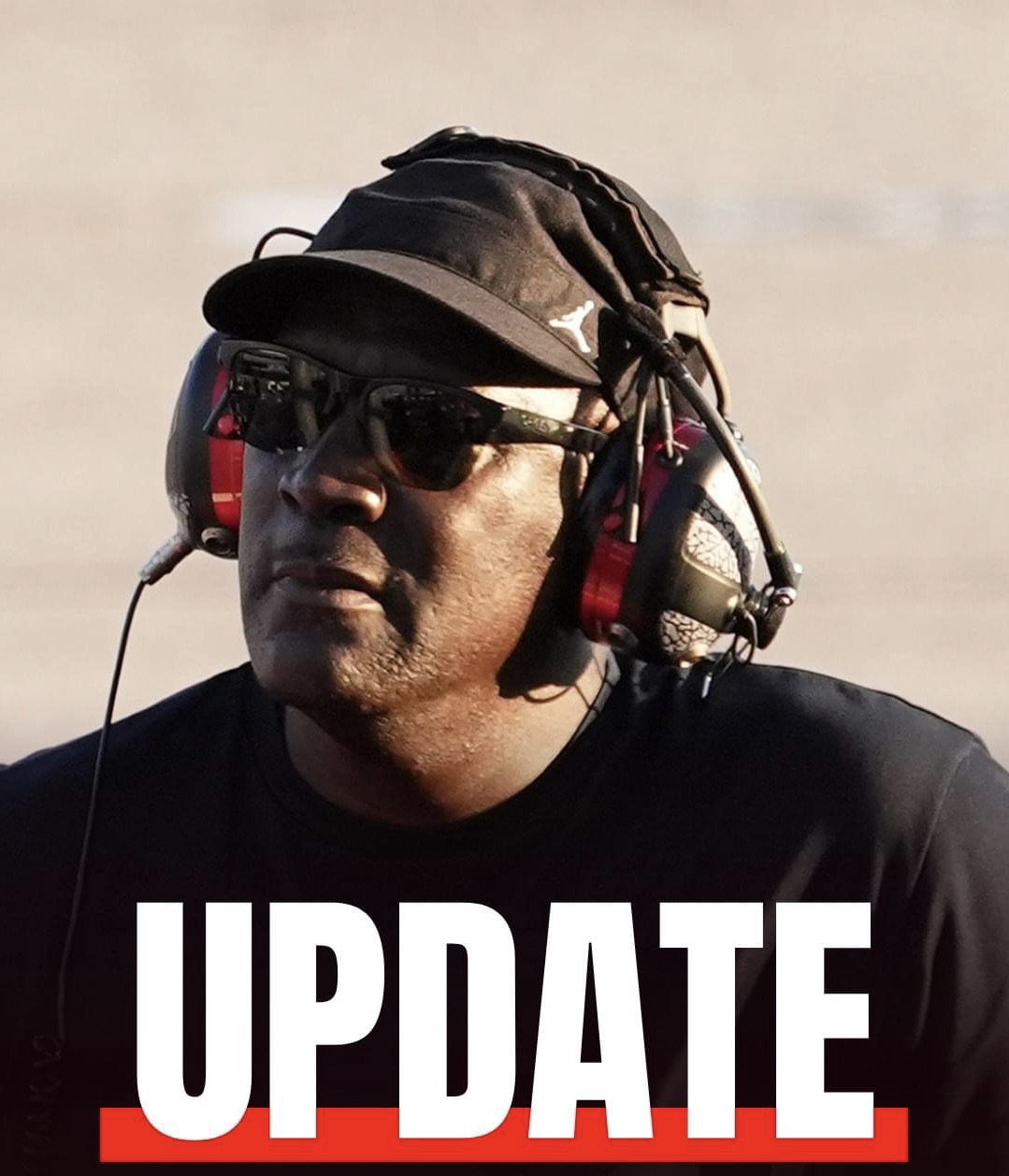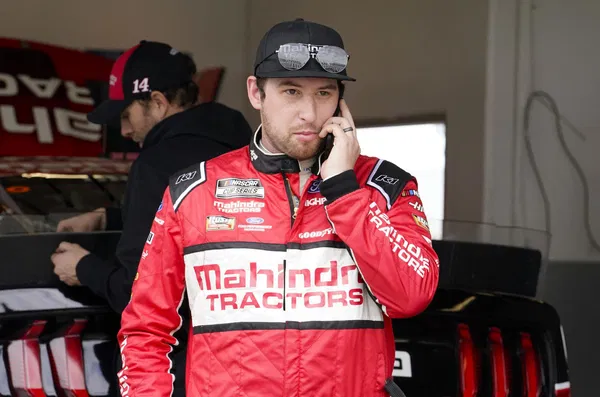In a surprising turn of events, 23XI Racing and Front Row Motorsports (FRM) have decided to take legal action against NASCAR—a move that has sent shockwaves through the motorsports world. The lawsuit, reportedly aimed at challenging elements of the charter system, has sparked intense reactions within the industry. While NASCAR has yet to publicly address the situation in detail, the media has picked up anonymous reactions from several teams, many of whom express quiet support for the brave stance taken by 23XI and FRM.
This could be a defining moment for the future of NASCAR’s business model, with the potential to reshape how teams and NASCAR operate together. The charter system, which was introduced in 2016, gives teams long-term security by ensuring their spots in the field, but it has also come under fire for perceived inequities. Now, some teams are ready to see real change—if 23XI and FRM’s gamble pays off.
The Lawsuit and Its Potential Impact
23XI Racing, co-owned by NBA legend Michael Jordan and NASCAR driver Denny Hamlin, and Front Row Motorsports, a staple mid-tier team in the series, have been at the forefront of pushing for changes within NASCAR. Their lawsuit is reportedly focused on aspects of the charter system, which governs how teams are granted guaranteed spots in races and their revenue-sharing agreements with NASCAR.
The charter system was meant to give teams more financial stability and encourage investment by securing their positions in races. However, in practice, it’s been met with mixed reviews. Critics argue that the system unfairly benefits well-established teams with deep pockets while leaving smaller or newer teams at a disadvantage.
The bold move by 23XI and FRM to challenge this system speaks volumes about their frustrations with the current setup. If successful, the lawsuit could lead to significant changes in how the sport’s financial structure operates, potentially leveling the playing field for smaller teams and newcomers.
Anonymous Reactions: Teams Quietly Support the Lawsuit
Though the lawsuit is a high-stakes maneuver that could jeopardize the relationship between 23XI, FRM, and NASCAR, many within the sport appear to sympathize with the plaintiffs. While most teams are remaining officially silent, some anonymous quotes gathered by The Athletic reveal the growing discontent among teams regarding the current system.
One team representative, speaking anonymously, admitted to admiring the courage of 23XI and FRM:
“I did not have the balls to do what 23XI and FRM are doing because I was afraid I’d lose my charters.”
This admission highlights a key aspect of the lawsuit: the fear of retaliation. Many teams have long expressed dissatisfaction with the system but felt powerless to challenge NASCAR, worried about losing their charters or facing other consequences. By taking the legal route, 23XI and FRM are taking a risk that many have been unwilling to face.
Another anonymous quote captures the excitement and hope that this lawsuit has sparked among other teams:
“I’ve been waiting on this.”
This sentiment underscores the pent-up frustration that has been brewing for years. Teams, especially smaller ones, feel that the charter system has left them on uneven footing, unable to compete fairly with powerhouse organizations that hold multiple charters and greater resources.
Perhaps the most telling quote comes from a representative who pointed out the potential ripple effect of a 23XI and FRM victory:
“If 23XI wins, we’re all going to get a better deal.”
This encapsulates the crux of the issue—many teams see this lawsuit as a turning point. If 23XI and FRM succeed, the benefits could extend to all teams, leveling the playing field in terms of revenue distribution and race opportunities. In that sense, 23XI’s legal fight isn’t just for their own interests; it could change the entire business landscape of NASCAR, giving more teams a fair shot at sustainability and growth.
NASCAR’s Position: What’s at Stake?
While NASCAR has not yet made a public statement regarding the lawsuit, there is no doubt that this legal battle presents a significant challenge to the organization. The charter system has been a cornerstone of NASCAR’s business model since its introduction. It was designed to stabilize the sport’s financial landscape, ensuring that teams had guaranteed slots in races and could build long-term sponsorship deals around that security.
However, the growing discontent among teams suggests that the system may be due for an overhaul. If the lawsuit succeeds, NASCAR may be forced to reconsider the way it distributes revenue, assigns charters, and governs team participation. This could lead to a more equitable system, where teams—regardless of their size or financial backing—have a fair shot at competing both on and off the track.
But NASCAR also has much to lose. A victory for 23XI and FRM could set a precedent for other teams to take legal action in the future, potentially leading to more disruptions and challenges to the governing body’s authority. NASCAR has long prided itself on maintaining control over its operations, and this lawsuit could be seen as a direct threat to that power.
A Defining Moment for the Future of NASCAR
The lawsuit filed by 23XI Racing and Front Row Motorsports represents a bold step toward challenging the status quo in NASCAR. For years, teams have been quietly expressing frustration with the charter system, but fear of retaliation has kept them from taking action. Now, 23XI and FRM are standing up to NASCAR, and their lawsuit could redefine the sport’s future.
The anonymous quotes gathered from other teams suggest widespread support for the lawsuit, even if that support remains quiet for now. Teams that have felt trapped by the current system are now watching closely, hoping that a victory for 23XI and FRM could lead to meaningful changes that benefit everyone.
As the lawsuit unfolds, the entire NASCAR community will be watching closely. Whether this legal battle ends in victory or defeat, it has already sparked a larger conversation about fairness, financial stability, and the future of the sport. The outcome of this lawsuit could very well shape the trajectory of NASCAR for years to come.




